algorithm
Latest

Researchers use machine learning to quickly detect video face swaps
We all know that AI can be used to swap faces in photos and videos. People have, of course, taken advantage of this tool for some disturbing uses, including face-swapping people into pornographic videos -- the ultimate revenge porn. But if AI can be used to face swap, can't it also be used to detect when such a practice occurs? According to a new paper on arXiv.org, a new algorithm promises to do just that, identifying forged videos as soon as they are posted online.

New Yorker applied machine learning to blocked bike lane problem
Alex Bell likes to bike around New York City, but he got fed up with how often bike lanes were blocked by delivery trucks and idling cars. So he decided to do something about it, the New York Times reports. Bell is a computer scientist and he developed a machine learning algorithm that can study traffic camera footage and calculate how often bike and bus lanes are blocked by other vehicles. He trained the algorithm with around 2,000 images of different types of vehicles and for bus lanes, he set the system to be able to tell the difference between buses that are allowed to idle at bus stops and other vehicles that aren't. Then, he applied his algorithm to 10 days of publicly available video from a traffic camera in Harlem.

Harvard researchers make better, smarter walking aids
Humans don't all look, talk, or walk the same, with us shifting our weight and style in order to save much energy as possible. This adaptability is a problem for researchers who want to build assistive devices for folks with mobility issues, however. It's what has prompted a team out of Harvard to craft an algorithm that can determine the wearer's individual needs after just twenty minutes of analysis.

Robots that pick up and sort objects may improve warehouse efficiency
Sorting and organizing may not always be the most difficult tasks, but they can certainly get tedious. And while they may seem like prime examples of something we might like robots to do for us, picking up, recognizing and sorting objects is actually a pretty difficult thing to teach a machine. But researchers at MIT and Princeton have developed a robot that can do just that and in the future, it could be used for things like warehouse sorting or cleaning up a disaster area.
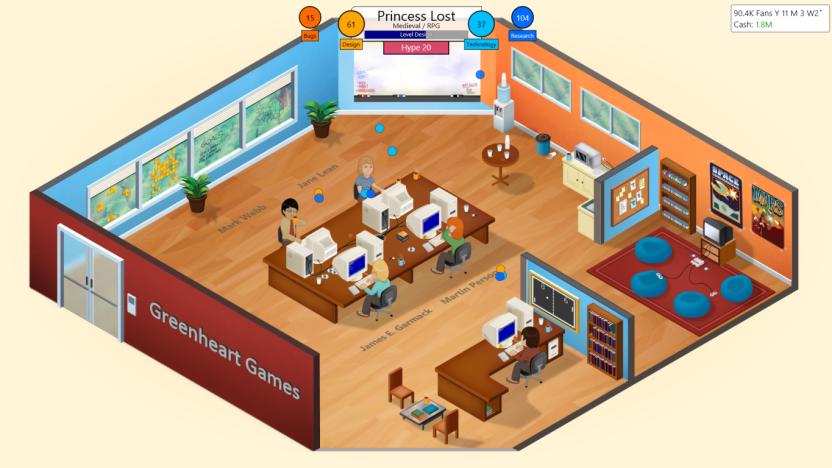
Google Play removed thousands of legit ‘Game Dev Tycoon’ reviews
Google has removed some 77 percent of reviews for Game Dev Tycoon's mobile port on Google Play. Developer Greenheart Games contacted Google to find out why the (mostly) five-star reviews were disappearing, and was told that the scores were removed on purpose, with little other explanation. Greenheart's theory is that Google uses the same algorithm to police free-to-play game reviews on the Play store that it does paid games; Game Dev Tycoon costs $5 and you can't write a review unless you've purchased it. Free-to-play games, on the other hand, anyone can write a review with practically no time investment.

Logan Paul forced YouTube to admit humans are better than algorithms
YouTube is no stranger to controversy. Many of its top stars have been in hot water recently: From PewDiePie making racists remarks, to a "family" channel with abusive kid pranks, the company's been under fire for not keeping a closer eye on the type of content that makes it onto the site. Most recently, Logan Paul, a popular YouTuber with more than 15 million subscribers, faced backlash after posting a video that showed a corpse he came across in Japan's so-called "Suicide Forest." That clip, which was eventually taken down by Paul himself, forced YouTube to cut almost all ties with him and to figure out ways to prevent another situation like this.

eHarmony can't claim its matches are 'scientific' anymore
Turns out that dating service eHarmony has a weird definition of "science" when the law comes knocking. An ad in the London subway system triggered the UK's Advertising Standards Agency to call the "scientifically proven" matching system "misleading," as spotted by the BBC. From the ASA:

New York will tackle unfair biases in automated city services
Whether we're aware of them or not, algorithms affect a huge part of our lives. Now, in a US-first, New York is taking steps to address potential algorithmic biases in services provided by municipal agencies. City council has passed a bill that would -- if signed by Mayor de Blasio -- create a task force to examine if and how service algorithms are biased, how citizens can appeal decisions made by algorithms if they feel they're unfair, and if agency source code could be made publicly available.
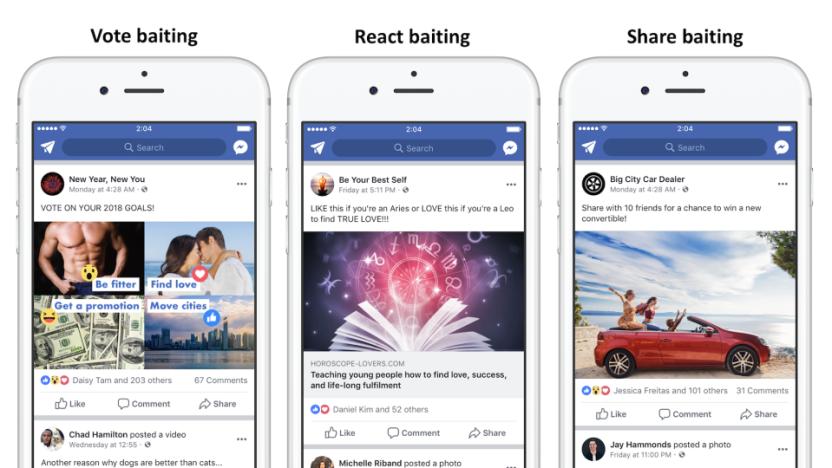
Facebook will begin demoting ‘engagement bait’ posts in News Feed
Scrolling through your Facebook News Feed, you'll probably come across posts telling you to like or comment if you share some sort of similar sentiment -- "LIKE this if you're an Aries!" -- or telling you to share it so you can earn a chance at winning a prize. Well, you might start seeing a lot less of those types of posts because Facebook is now cracking down on "engagement bait." Facebook said, "We will demote posts that go against one of our key News Feed values — authenticity...We want to reduce the spread of content that is spammy, sensational or misleading in order to promote more meaningful and authentic conversations on Facebook."
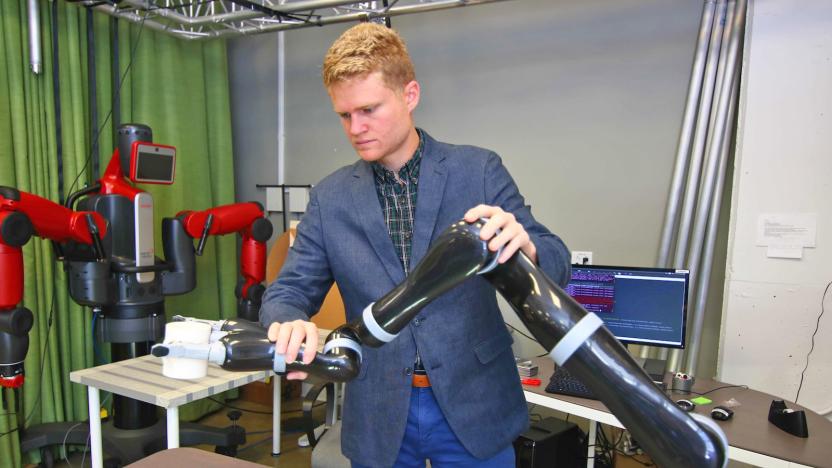
Researchers develop a way to train robots with just a gentle nudge
Researchers at Rice University have developed a way to train robots with just a little push. Their method uses algorithms that allow robots to not only respond to a human's touch in the moment, but alter their trajectory based on that physical input. "Here the robot has a plan, or desired trajectory, which describes how the robot thinks it should perform the task," said graduate student Dylan Losey about the project. "We introduced a real-time algorithm that modified, or deformed, the robot's future desired trajectory."

Facebook starts global rollout of its AI suicide prevention tools
Facebook is expanding its limited test run for suicide- and -self-harm reporting tools to the masses. To get better at detection the social network will begin implementing pattern recognition for posts and Live videos to detect when someone could be presenting suicidal thoughts. From there, VP of product management Guy Rosen writes that the social network will also concentrate efforts to improve alerting first responders when the need arises. Facebook will also have more humans looking at posts flagged by its algorithms.

Buoy uses AI and machine learning to keep your water bills low
Buoy is a device that puts machine learning to work to save on your water bill. The IoT device connects to your home's WiFi network and water supply to monitor how much is going where on a use-by-use basis (faucet shower, washing machine, etc..), in real time. It uses algorithms to measure water usage and suss out leaks, and will deliver alerts to your mobile device when one is detected. From there, you can even do a remote shut-off so the basement won't be flooded when you get home.

AI spots art fakes by examining a single brushstroke
Attempts at art forgeries run from the laughable (remember Monkey Jesus?) to the exquisite (this ambiguous Baroque masterpiece nearly cost a gallery €120 million last year), and traditionally the art world has had to rely on expert knowledge and supporting documentation to weed out the real from the fake. But now researchers claim AI is able to identify forgeries simply by looking at the brushstrokes used to compose a piece.
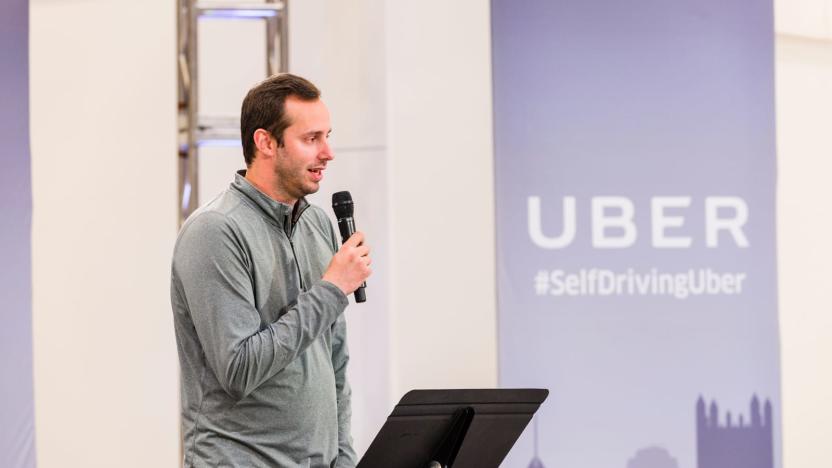
Recommended Reading: The church of AI
Inside the First Church of Artificial Intelligence Mark Harris, Wired You may know Anthony Levandowski from being at the center of Waymo's lawsuit against Uber, but he's also the "Dean" or leader of a new religion of artificial intelligence. Wired takes a look at Way of the Future's doctrine, Levandowski's role and the quest to create the divine AI.

Amazon's automated convenience stores edge closer to public debut
Last year, Amazon opened its first convenience store embedded with its "just walk out technology." Located in Seattle, the Amazon Go store, which lets shoppers walk in, load up on the items they want and walk out without having to pay for the items in a checkout line, has been testing its technology with Amazon employees. Now, as Bloomberg reports, the company has worked through some of the hangups with the technology and is making moves towards opening its store and others to the public.

Google explains the Pixel 2's super-stable video recording
Google's Pixel 2 phones have a clever trick up their sleeve when recording video: they can use both electronic and optical image stabilization, delivering largely jitter-free clips even if you're walking down the street. But how does it meld those two technologies, exactly? Google is happy to explain: it just posted an in-depth exploration of how this stabilization works. As you might guess, Google uses some of its machine learning know-how to incorporate both anti-shake technologies where many phones can only use one or the other.
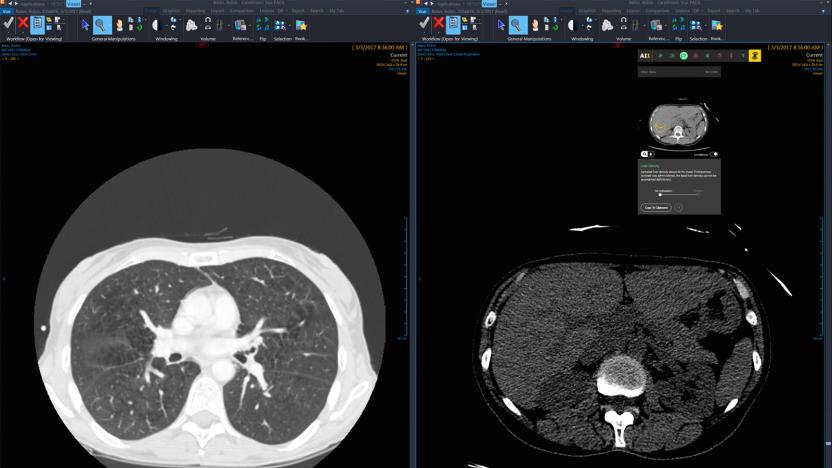
For a dollar, an AI will examine your medical scan
A company called Zebra Medical Vision (Zebra-Med) has unveiled a new service called Zebra AI1 that uses algorithms to examine your medical scans for a dollar each. The deep learning engine can examine CT, MRI and other scans and automatically detect lung, liver, heart and bone diseases. New capabilities like lung and breast cancer, brain trauma, hypertension and others are "constantly being released," the company says. The results are then passed on to radiologists, saving them time in making a diagnosis or requesting further tests.

After Las Vegas shooting, Facebook and Google get the news wrong again
The worst mass shooting in modern US history took place last night in Las Vegas, where a gunman killed at least 58 people and injured more than 515 others, according to the latest reports. Not long after the unfortunate event, Facebook and Google began populating news stories on their respective platforms, as they often do. And, in what's become a problematic trend, some of the articles being highlighted and distributed to millions of people were from unreliable sources. This time, among them were a trolling thread on internet forum board 4chan and a completely false story from a far-right conspiracy website.
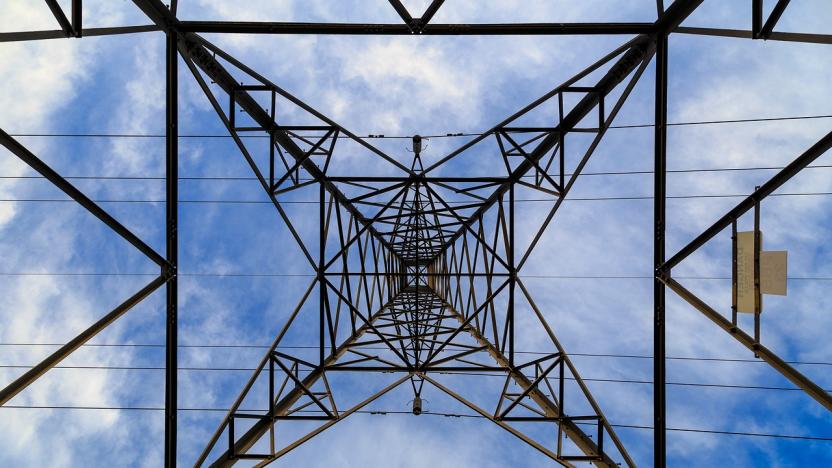
Your solar panels could power the neighborhood during a blackout
A new set of algorithms could make it possible for renewable energy-generating homes to not only access their power reserves during outages, but share their resources with their neighbours -- a move which could play a significant role in disaster relief efforts. Self-sufficiency is an attractive factor when it comes to domestic renewable energy, but even though it's the sun generating electricity, owners of solar panels are still beholden to the grid. During an outage, their equipment powers down for safety reasons, and it's impossible to draw on the renewably-generated electricity that's waiting to be used. We've seen companies produce kit to overcome this before -- Tesla's Powerwall home battery system can untether a home from the grid for a few hours, for example -- but researchers from the University of California San Diego want to scale up the technology to have a wider and more meaningful impact.

Researchers use AI to monitor hospital staff hygiene
Hospital-acquired infections are a pesky problem and around one in 25 hospital patients have at least one healthcare-associated illness at any given time. To combat this issue, a research team based at Stanford University turned to depth cameras and computer vision to observe activity on hospital wards -- a system that could be used to track hygienic practices of hospital staff and visitors in order to spot behaviors that might contribute to the spread of infection. The work is being presented at the Machine Learning in Healthcare Conference later this week.








